More than 32,000 Bulgarian children in 43 countries on 6 continents will be heading for the 396 Bulgarian Sunday schools around the world registered for the school year 2024-2025. More than 2,000 teachers will be teaching them to read and write in Bulgarian, but also about Bulgarian history, geography, culture and tradition.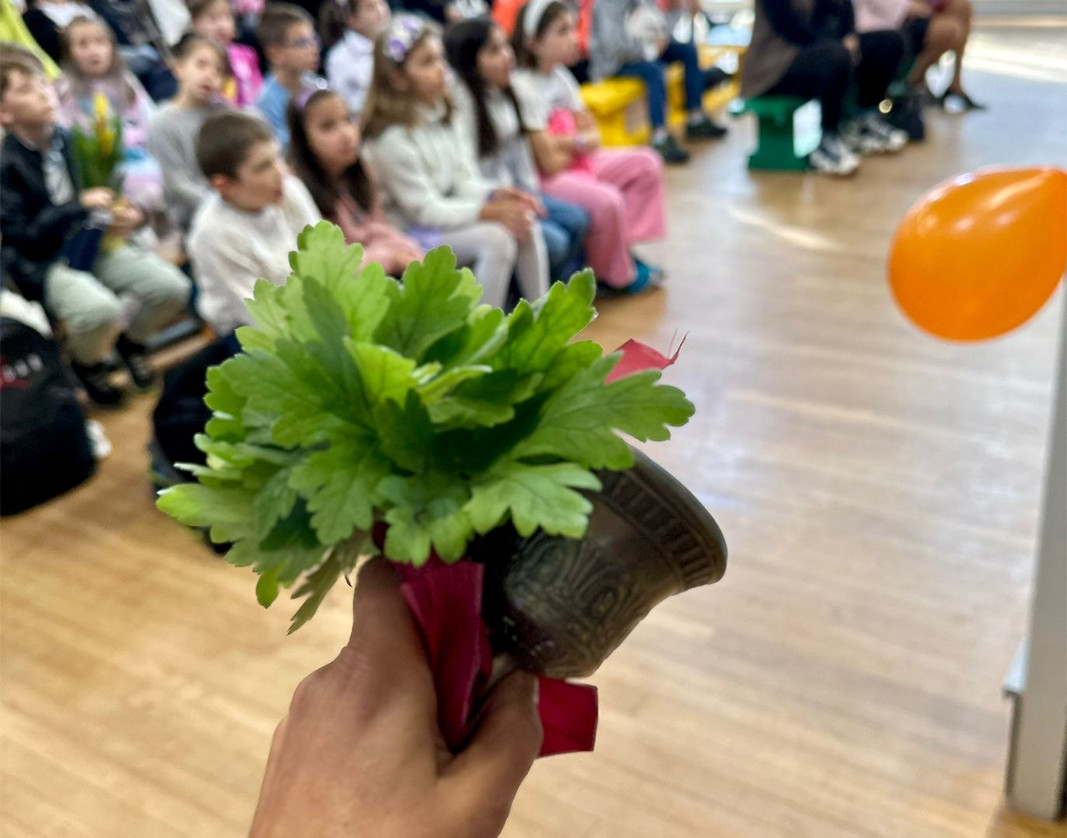
According to data of the Ministry of Education and Science, 268 of these schools (6 more than during the 2023-2024 school year) will receive funding during the current academic year amounting to almost 16 million Leva (approximately EUR 8.18 million). The funding will be allocated under the three programmes which were active last year – “Native language and culture”, “Bulgarians’ untold stories”, and “Bulgaria – educational itineraries”.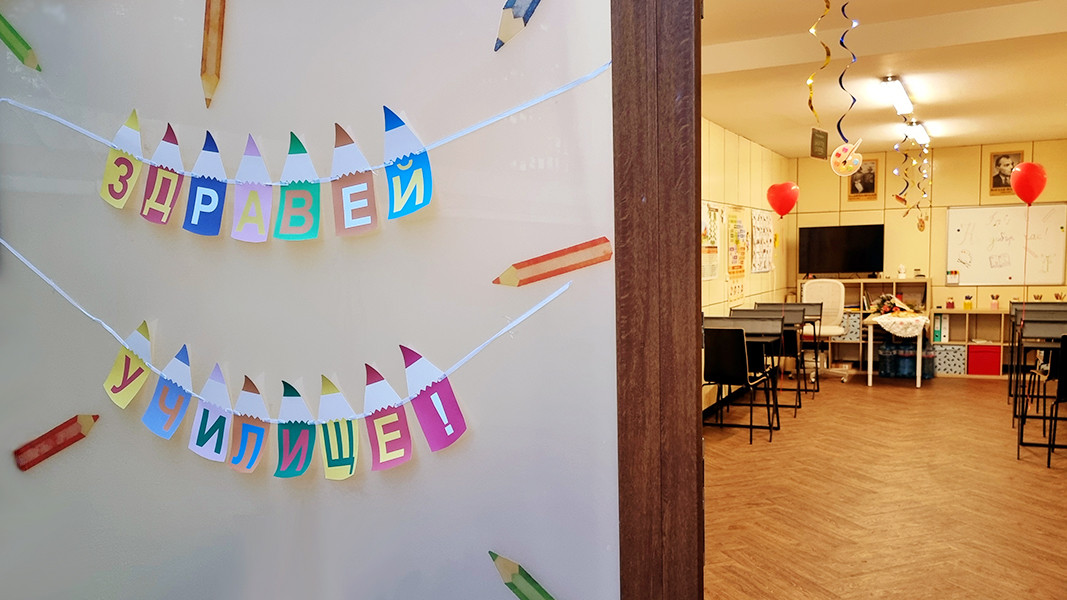
At the latest annual conference of the Association of Bulgarian Schools Abroad at the end of July in Sofia, the participants noted that the educational establishments outside the country need assistance to find premises for the schools. And one important thing – they also need financing for these premises, Evelina Avramova, spokesperson for the Association said in an interview with Radio Bulgaria.
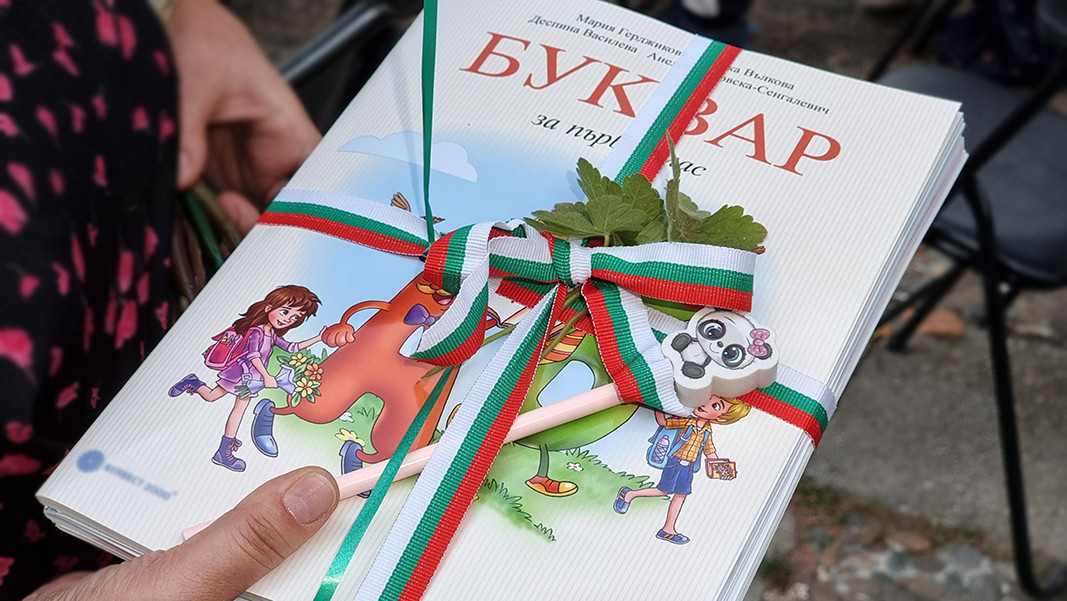
The biggest number of Bulgarian Sunday schools are in Europe – 331, in North America there are 52. On the biggest and most populous continent – Asia – there are 7 Bulgarian Sunday schools. One of these schools is in Kuwait – and it is the only one there – and it operates as part of the Bulgarian embassy there.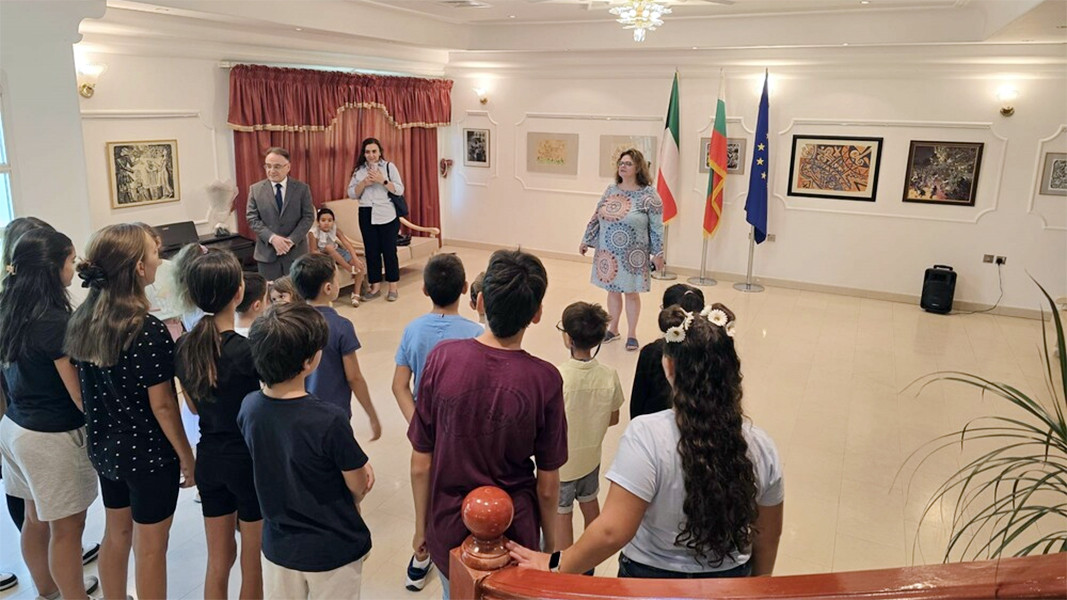
The Sunday school Saints Cyril and Methodius was founded by Tanya Maleshkova, on the initiative of the Bulgarian community there, in 2007, and it has been functioning ever since uninterruptedly with the support of the Bulgarian authorities. Every year around 30 children aged 4-18 attend the school, divided up into several classes plus one preparatory class. Attendance is on Fridays, which is officially a weekend day in Kuwait, in the embassy building.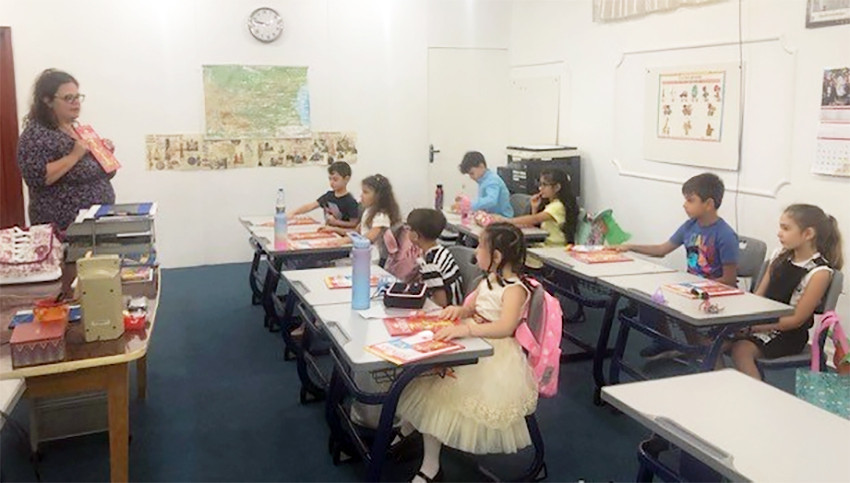
For Milena Baeva, who lectures mathematics at Kuwait University, this will be the 8th year in which she will be headmistress of the Bulgarian Sunday school Saints Cyril and Methodius. She says the school is a grand passion of hers, and that is why she has been giving up her days off even though she has such a busy schedule at the university and the fact she has small children.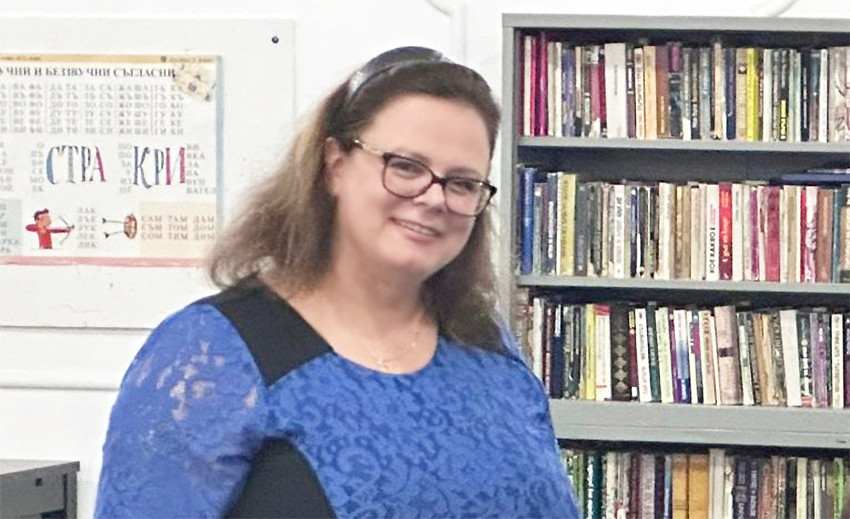
“We have a small but close-knit community in Kuwait, the children of my friends are here. My own children were very small when I joined the Bulgarian school, but now they attend it too. To me it is important that the children continue to grow up in an environment like that and to find their own Bulgarian identity.”
Though the Bulgarian children coming to the school are citizens of the world, that does not make them any less Bulgarian, Milena Baeva says. 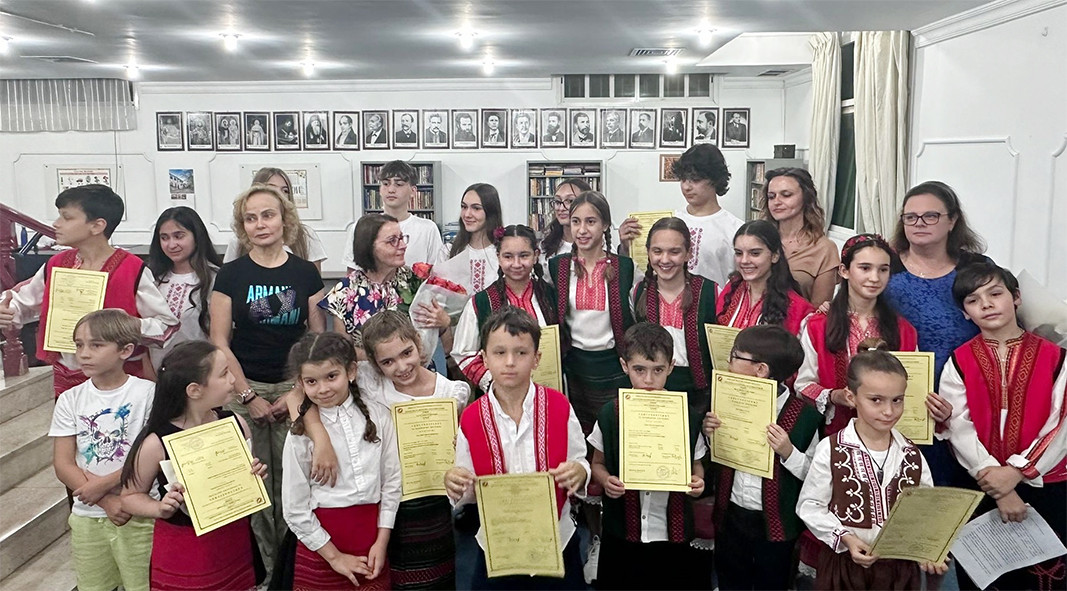
According to unofficial data, the Bulgarian community in the State of Kuwait is no more than 300-350 people, says Milena Baeva. To be able to work in Kuwait you need a work visa which is only issued to highly qualified experts. That is why the Bulgarian community in the country consists mostly of university lecturers, teachers, nurses and engineers, Milena Baeva explains. “This makes it rather difficult to find qualified teachers for the Bulgarian school,” she says.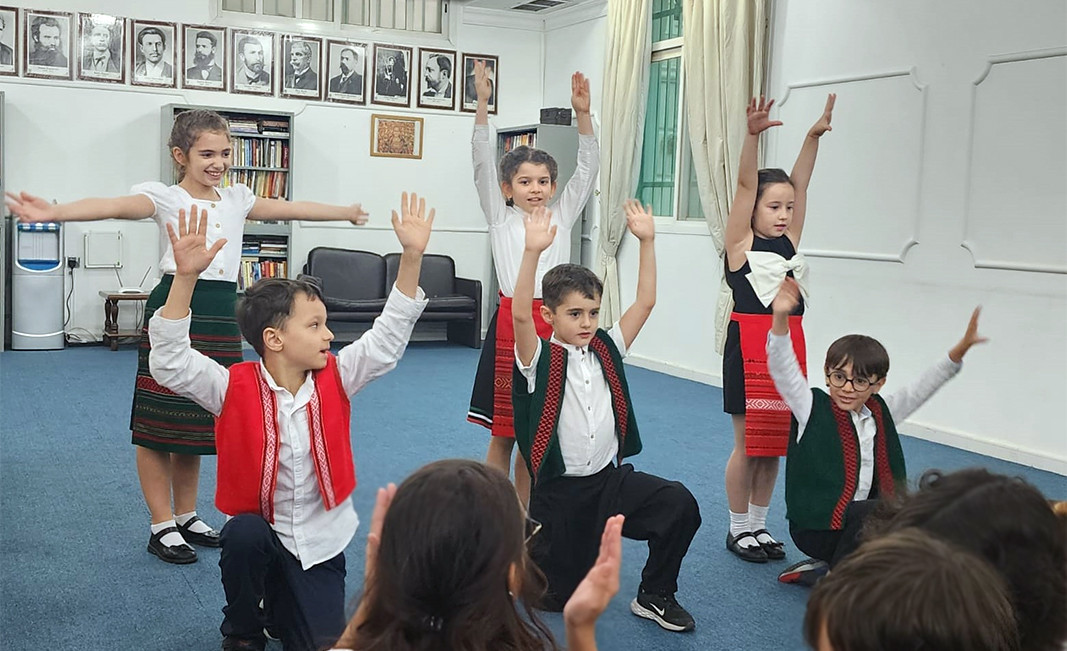
Even though it is so small, the Bulgarian community in Kuwait follows what is happening in Bulgaria with keen interest.
“At times I have the feeling we, the people living abroad, are more active when it comes to elections, to following politics, the messages imparted even than many people I know who live in Bulgaria. It is only human to hope things will turn out well. I would very much like to see Bulgarians stop believing in populism, in cheap promises, I would like each and every person to be aware what they actually want to see happen in this country.”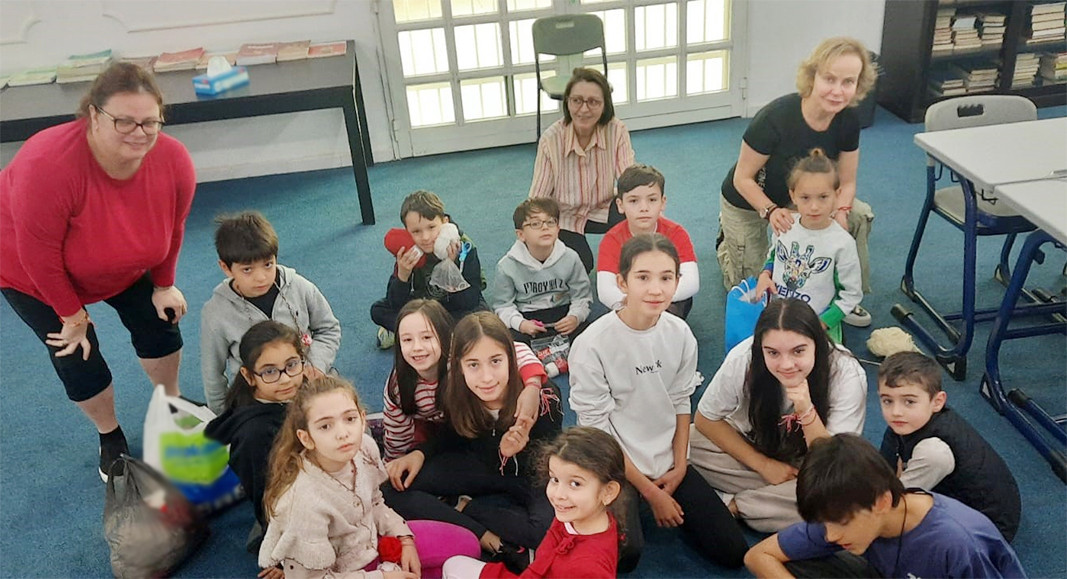
Milena believes Bulgaria must be a democratic country of Europe with its own place on the world political stage.
“I want it to be a country my children are going to come back to and be part of. I want it to make them proud of being citizens of the world.”
And she is doing what she can to make that happen, much like the over 2,000 Bulgarian teachers abroad.
Translated and posted by Milena Daynova
Photos: BTA, embassy of the Republic of Bulgaria in Kuwait, Bulgarian school Alphabet in Dublin, Bulgarian school Rose Valley in London
A case of a dog run over by a doctor in a district of Sofia has caused a wave of public indignation and a protest in Sofia, which will take place today in front of the Military Medical Academy - the medical institution where the medic..
Forty Bulgarian schools in 22 US states have become a second home for the children of Bulgarian emigrants. They create continuity between generations and teach about Bulgarian history, traditions, and culture. They also create..
“The end is near – let’s go out with style!” This is the motto of the 2026 Gabrovo Carnival, marking the start of the so-called fifth season of the year – the carnival season. The 11th day of the 11th month ushers in the carnival season..
Forty Bulgarian schools in 22 US states have become a second home for the children of Bulgarian emigrants. They create continuity..
A case of a dog run over by a doctor in a district of Sofia has caused a wave of public indignation and a protest in Sofia, which will..

+359 2 9336 661
